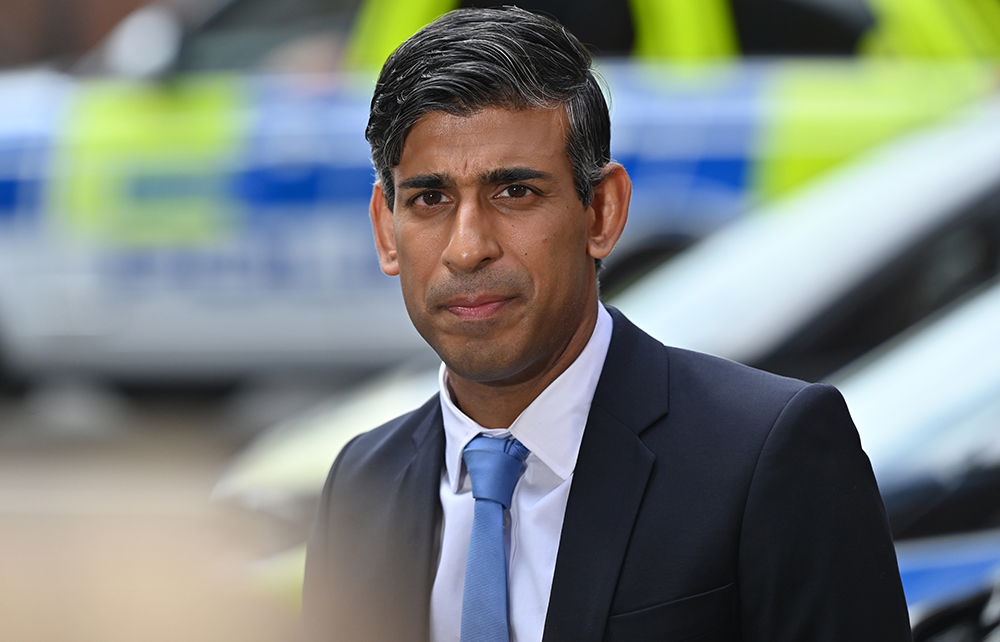When prime ministers sense the end is near, they tend to follow a similar pattern. They change senior civil servants and appointees, as Boris Johnson and Gordon Brown did. They avoid consulting their cabinet and instead hide behind special advisers. They declare they don’t like polls, before saying that the only poll that matters is the election. But before all of this, they usually attempt a ‘reset’. It’s rarely a sign of rejuvenation, but rather the start of the embalming process.
Rishi Sunak is aware of this, which is why there’s no use of the word in No. 10 as politics prepares to resume. He has so far resisted calls from backbenchers to change course, ditch his five priorities and articulate a grand new vision. ‘We can’t be knee-jerk,’ says a Downing Street aide of the need to stay calm in the face of dismal polling. But while there won’t be an official event or reset, a second stage of Sunak’s premiership may be about to begin. After the first year – in which he focused on stabilising both markets and his party – he is ready to change gear.
His political operation is set to become more election-ready and in sharpened attack mode. We should expect to see a focus on Keir Starmer’s time as director of public prosecutions. The party conference, the King’s Speech and the Autumn Statement will all be used as opportunities to show what a Sunak government can do. There is an appetite for risk in the Tory party, created by the failure to close the 20-point polling gap with Labour. The election strategist Isaac Levido has warned colleagues not to expect much improvement this year. Labour is being ultra-cautious – with Rachel Reeves ruling out a wealth tax – which has incentivised the Tories to shake things up.








Comments
Join the debate for just £1 a month
Be part of the conversation with other Spectator readers by getting your first three months for £3.
UNLOCK ACCESS Just £1 a monthAlready a subscriber? Log in